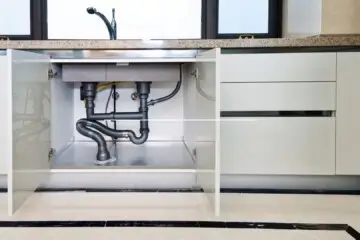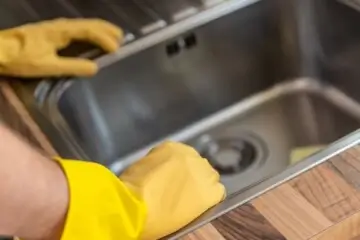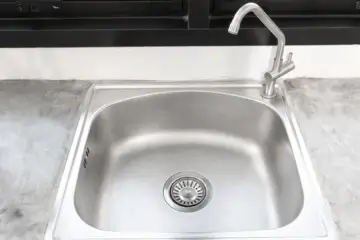To improve your sink’s flow, consider simple DIY solutions such as using a mixture of baking soda and vinegar to enhance water drainage. Address minor clogs by flushing the drain with boiling water to help break down debris. Maintain smooth sink operation by performing regular upkeep to prevent slow drains. Check the drain stopper for proper functionality and clear any obstructions present. For optimal flow, remove debris ranging from visible hair to deeper blockages, utilizing a plumbing snake if necessary. These approaches are effective in maintaining peak water flow and reducing the likelihood of future plumbing issues. Explore more ways to maximize your sink’s performance and ensure hassle-free water flow.
Contact CAN Plumbing and Drainage for your Sink Needs
If you’re facing issues with your sink’s flow, reaching out to CAN Plumbing and Drainage in Mississauga is the best solution for prompt and expert help. A slow drain could indicate a potential clog in your plumbing system. Our team of experienced plumbers in Mississauga specializes in quickly diagnosing and resolving sink-related issues. By tackling clogs promptly, we can prevent more serious problems down the line. CAN Plumbing and Drainage in Mississauga offers a wide array of plumbing services tailored to your specific needs. Whether it’s a minor clog or a complex plumbing issue, our skilled plumbers have the knowledge to get your sink back to smooth operation in no time. Contact us for your sink needs.
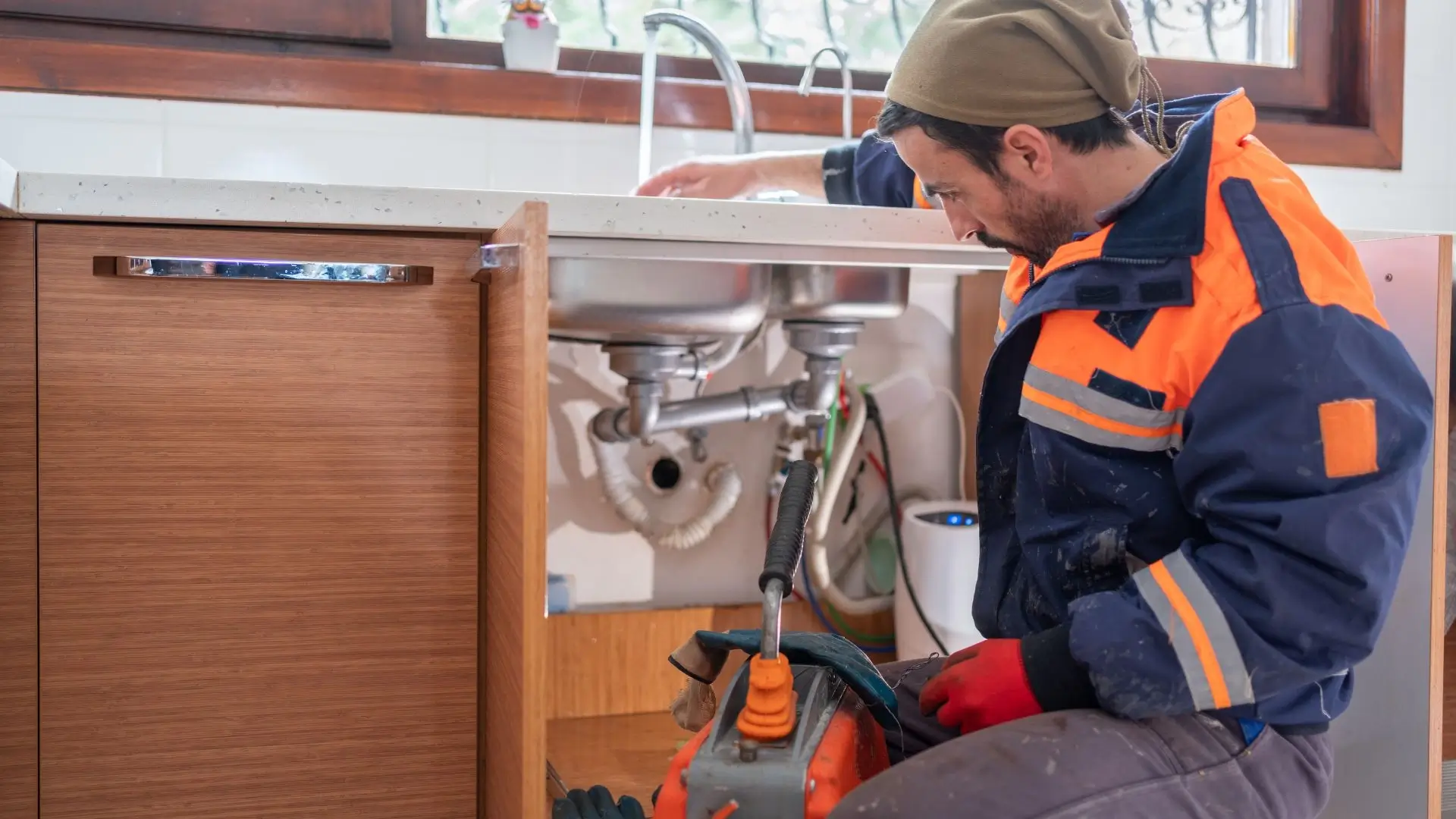
CAN Plumbing and Drainage Services Related to Sinks
At CAN Plumbing and Drainage in Mississauga, we specialize in sink installations and replacements. Our team is well-equipped to handle various types of sinks, ensuring that your needs are met efficiently and effectively. Whether you require a new sink installed or an old one replaced, our services are tailored to provide high-quality solutions for your sink-related issues.
Sink Installations
Sink installations play a crucial role in ensuring the proper functioning and durability of plumbing systems. The correct installation of sink drains and plumbing components is essential for maintaining optimal water flow and preventing blockages. Precise plumbing of sinks is necessary to guarantee efficient drainage and prevent issues that may lead to unclogging with drain cleaners or a drain snake. It is vital to securely attach the sink to the countertop and ensure all connections are tightly sealed to prevent leaks and water damage. By following the appropriate installation procedures and paying attention to details such as precise alignment and sealing, you can help preserve the overall functionality and efficiency of your sink for years to come.

Sink Replacements
Maintaining the proper functionality of plumbing systems requires considering sink replacements as part of the overall maintenance plan. When faced with issues such as a clogged bathroom sink or a sink that is not draining properly, replacing the bathroom sink can be the most effective solution. Sink replacements can address a slow draining sink and prevent future clogs, ensuring the smooth operation of the drain system. It is crucial to assess the condition of the existing sink and the severity of the problem before deciding on a replacement. Professional plumbing services can accurately evaluate the situation and recommend the most suitable sink replacements to restore optimal functionality to your sink and prevent further issues.
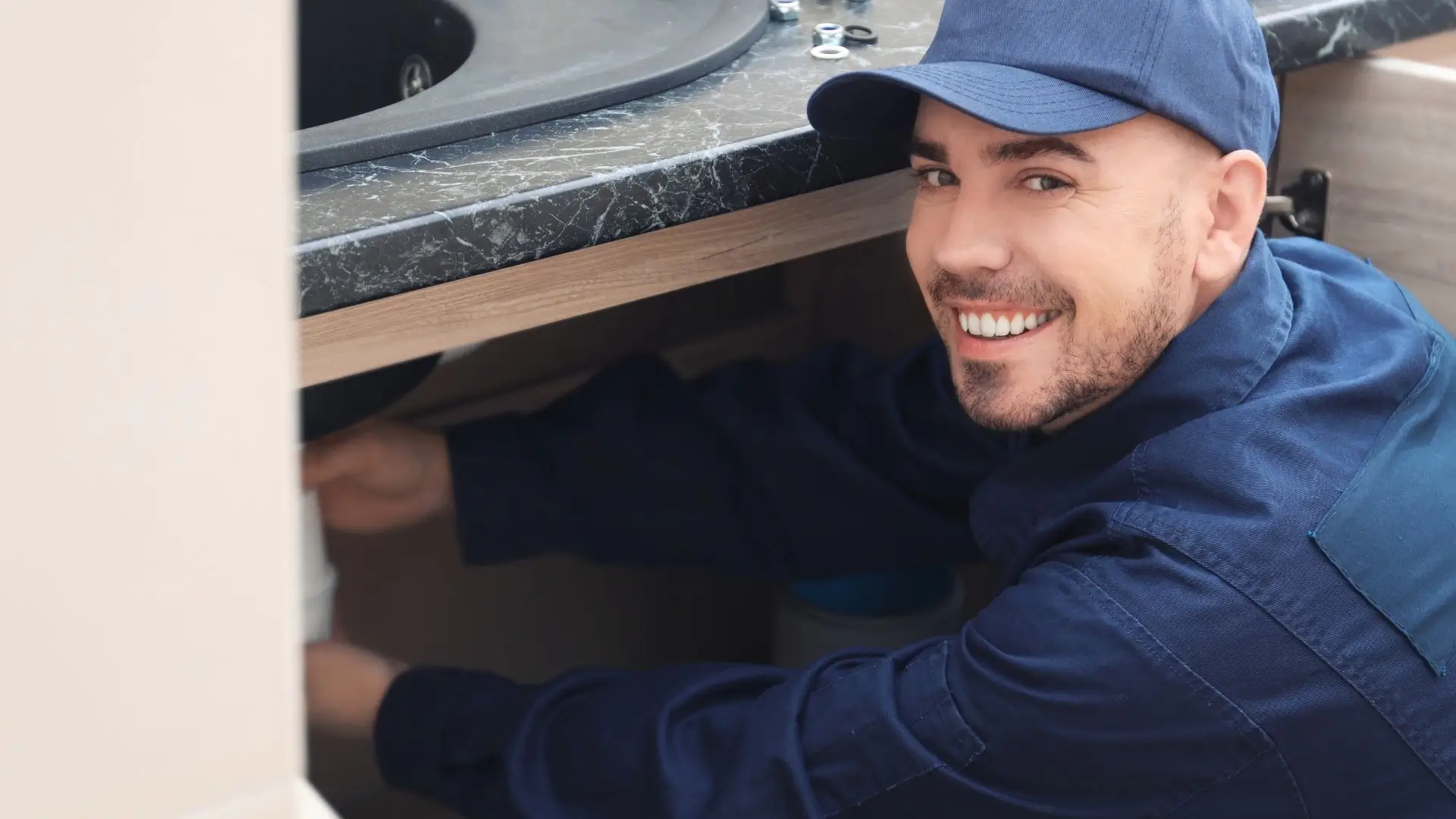
Use Baking Soda and Vinegar
A mixture of baking soda and vinegar is a simple yet effective way to improve the flow of your sink. If your kitchen sink is experiencing a slow drain due to blockages like hair and soap scum in the pipe, this natural solution can help. Begin by pouring half a cup of baking soda down the drain, followed by half a cup of vinegar. The mixture will fizz and bubble, working to break down the clogs. Allow it to sit for approximately 30 minutes before flushing the drain with hot water. The chemical reaction created by the combination of baking soda and vinegar can help clear minor blockages and enhance the overall flow in your sink.
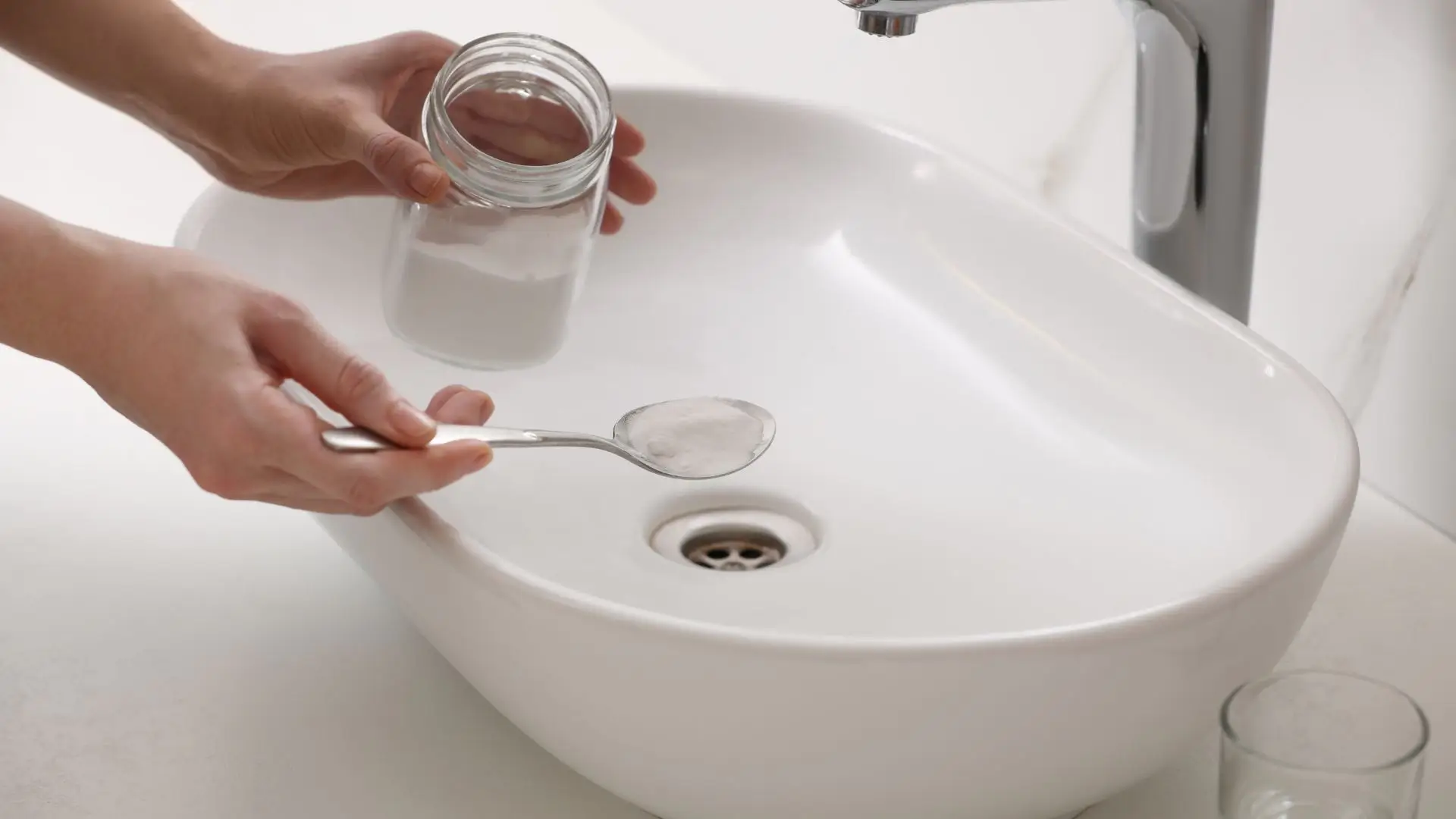
Boiling Water Flush
To effectively clear minor blockages and enhance sink flow, try using a boiling water flush to break down any remaining debris in the pipes. This method is simple yet efficient in addressing slow drains caused by clogged sinks. Boiling water can help dislodge and flush away accumulated grease, soap scum, and other residues that impede water flow. This DIY drain cleaning technique is particularly helpful for eliminating mineral deposits that may restrict faucet flow. Exercise caution when pouring boiling water to prevent splashing. Repeat this process regularly to keep your drains clean and prevent future clogs. A boiling water flush is a quick and eco-friendly solution to maintain optimal sink performance.
Implement Regular Maintenance
Regular maintenance is crucial for ensuring the continued optimal performance of your sink. To prevent a slow-draining sink and the accumulation of soap scum that can lead to a clogged kitchen sink, it is important to clean the drain on a regular basis. This maintenance task involves clearing any debris, food particles, or hair that might have built up in the drain. By keeping the drain clean, you can ensure that water flows smoothly, avoiding blockages that could cause a slow-draining sink. Regularly cleaning the drain also helps to uphold proper hygiene in your kitchen or bathroom sink, reducing the risk of unpleasant odors or bacterial growth. By incorporating this simple maintenance routine, you can effectively maintain optimal water flow in your sink.
Inspect the Drain Stopper
Let’s inspect the drain stopper to ensure it is working correctly. Start by removing it from the sink and check for any buildup of soap scum, hair, or debris that may be blocking the water flow. Sometimes, shaving residue can also accumulate around the stopper, causing a blockage. Use a cloth or brush to remove any obstructions. If the stopper is clogged, clear out the debris to allow water to flow freely. Test that the stopper moves up and down smoothly when operating the lift rod. Regularly clearing a clogged or dirty drain stopper can improve your sink’s drainage efficiency and help prevent future blockages.
Clear Out Debris
Inspecting and clearing out debris from the sink’s drain is an essential step in maintaining peak water flow and preventing clogs. To ensure smooth drainage, start by removing any visible hair and debris near the drain entrance. Consider using a plumbing snake to reach deeper blockages and break up build-up. Running hot water can help dissolve grease and soap residue that may be contributing to slow drainage. Avoid putting large food scraps down the garbage disposal, as they can cause blockages. Regularly cleaning out debris will help keep your sink drains operating smoothly and efficiently, preventing future plumbing issues.
Frequently Asked Questions About Bathroom Sink Drain Near Me
Can I Use a Commercial Drain Cleaner to Improve My Sink's Flow?
Yes, using a commercial drain cleaner can help improve your sink’s flow. However, it’s important to follow safety instructions, avoid mixing chemicals, and consider alternative methods like plumbing snakes for effective and safe results.
How Often Should I Replace My Sink's Drain Stopper?
It is recommended to replace your sink’s drain stopper every 1-2 years to maintain proper functionality. Signs of wear to look out for include corrosion, leaks, or difficulty in closing or opening the stopper. Regular replacement ensures smooth operation and helps prevent potential clogs.
Are There Any Specific Tools or Equipment I Need to Maintain My Sink's Flow?
To maintain your sink’s flow, you will need basic tools such as a plunger, pipe wrench, and drain snake. Regular cleaning and checks are essential to prevent clogs. Remember to wear gloves and exercise caution when working with plumbing.
What Should I Do if I Suspect a Larger Issue Is Causing My Sink's Slow Flow?
If there is a suspicion of a larger issue causing slow sink flow, it is advisable to first check for clogs in the drain. If the problem persists, it is recommended to seek assistance from a professional plumber to efficiently diagnose and resolve the underlying issue.
Is It Safe to Use Chemical Cleaners in My Sink if I Have a Septic System?
Yes, it’s generally safe to use chemical cleaners in sinks with septic systems, but it’s important to choose products labeled as septic-safe to avoid harming the system’s beneficial bacteria. Regular maintenance and moderation are key to ensuring the proper functioning of your septic system.
Please rate our website
Let us improve this post!
Tell us how we can improve this post?
